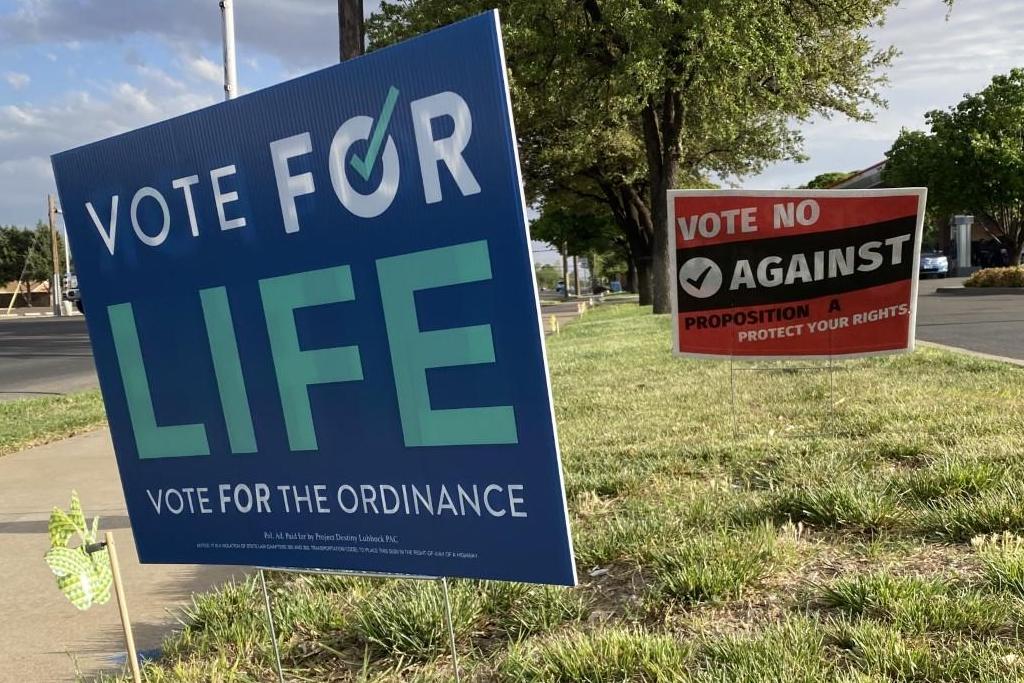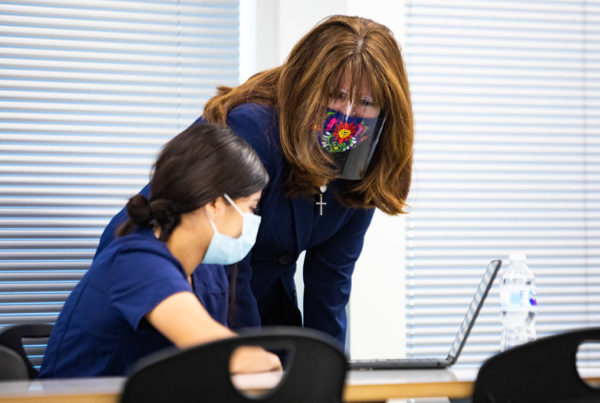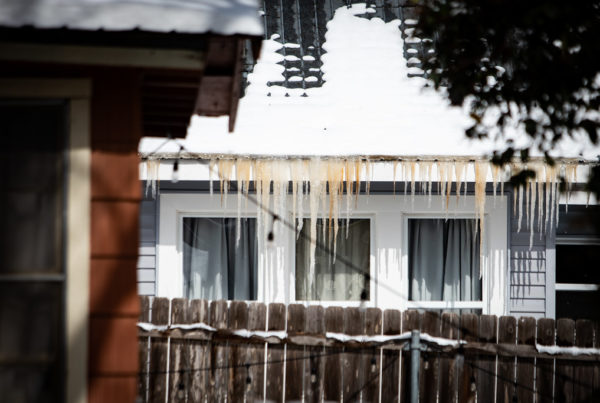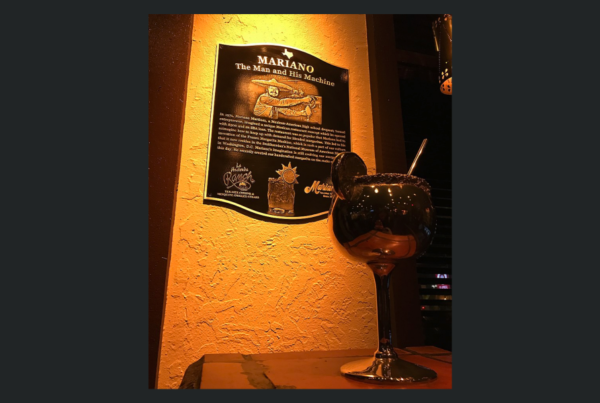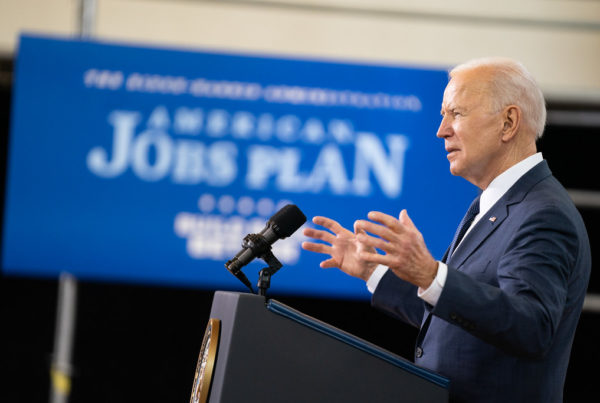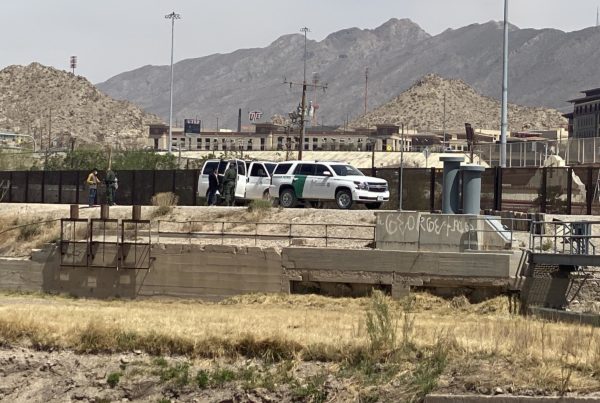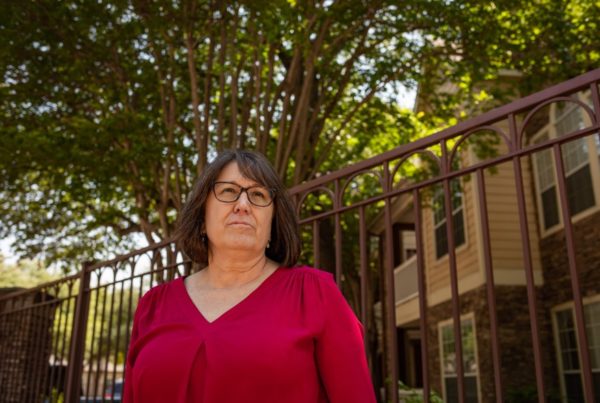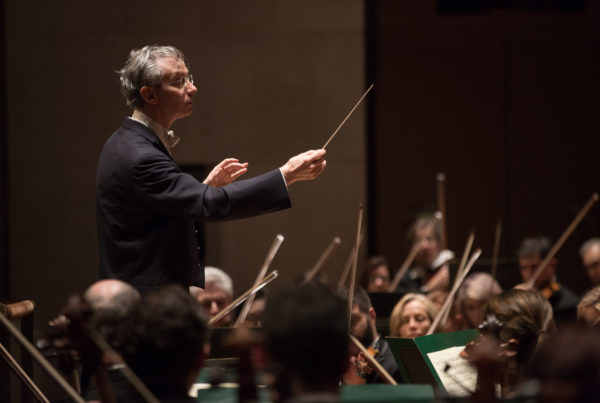From Texas Tech Public Media:
A few blocks away from the only Planned Parenthood for hundreds of miles, Samantha Fields walks around the neighborhood on a sunny afternoon. She knocks on the doors of the addresses listed in a packet. There’s no answer at most houses.
Then, someone answered. Fields asks the college-aged man if he had heard about the upcoming May 1 election. He had, but he wasn’t sure if or how he planned to vote on the only measure on the ballot.
Fields is the volunteer coordinator for the Leave Lubbock Alone campaign. She explained to the man why she hopes he’ll consider voting against Proposition A. Locally, it’s known as the “Sanctuary City for the Unborn” ordinance.
“There are women that have to make this decision and, you know, it’s not a decision that every woman wants to make,” Fields said. “But sometimes it comes down to that, that’s just God’s honest truth.”
If passed, the ordinance would allow certain family members of an aborted fetus to sue the abortion provider. Anyone who helped a woman get the procedure, like the person who drove her to the appointment, could be sued, but not the woman herself.
Other parts of the ordinance, that try to criminalize performing an abortion, are not currently enforceable due to the 1973 Roe v. Wade Supreme Court decision.
The controversial proposed ordinance has already been shot down by the city council, but because a petition drive got enough signatures last year, it’s now on the May 1 ballot. The ordinance is available to read online. The legal opinion that informed the city council’s unanimous dismissal of the ordinance is also available online.
Ordinances like this have passed in over 20 Texas towns. Lubbock could be the largest city so far to try to ban abortions. And the first that actually has a provider that performs them.
Sarah Wheat with Planned Parenthood of Greater Texas said the health center in Lubbock now provides medical abortions through a pill. Before the clinic’s return, the nearest abortion provider was hours away. Planned Parenthood previously closed in Lubbock in 2013.
“We had a commitment to restore abortion services to Lubbock and that’s why those are again being provided,” Wheat said.
But Terisa Clark hopes women will consider other options first. Clark is with Project Destiny, a political action committee advocating for the ordinance.
“My passion doesn’t come from being against a woman,” Clark said. “It comes as for a life that needs a voice because it doesn’t have one, to have the opportunity to, as our PAC says, experience their destiny.”
During the early voting period, Clark said her group gained support for the ordinance through word-of-mouth and an effective sign campaign. Blue signs that read “Vote for Life” are seen in yards and at churches around Lubbock.
“Let’s let citizens decide by the strength and clarity of the arguments presented,” she said.
Over 24,000 Lubbock voters cast their ballot during the nine days of early voting. That’s around 14% of all voters in the county – a high turnout for a May election with one measure on most ballots.
Texas Tech Political Science Professor Tim Nokken isn’t really surprised by that.
He said turnout was also high during the May 2009 election, when Lubbock voted to allow alcohol sales in the city limits. Lubbock was at the time the largest “dry” city in the country. That measure, passed in a landslide.
“The moralistic, kind of ethical stakes are a little different between beer and alcohol and decisions regarding termination of a pregnancy,” Nokken said. “But, there is still that underlying, kind of traditional, religious moralistic ethos at work.”
Lubbock is a growing college town, but still leans conservative. During last year’s presidential election, 65% of Lubbock County voters cast a ballot for Donald Trump. The Pew Research Center found that nationally, more than 60% of Republicans say abortion should be illegal in all or most cases.
In the Bible Belt, most Lubbock residents are also religious, according to data from 2010 that is the most recent available.The Association of Religion Data Archives reports more than half of county residents identify with one religion. Evangelical Protestantism and Catholicism have the most local followers. Evangelical Protestants are largely against abortion in most cases, while 42% of Catholics believe the same, according to the Pew Research Center.
Nationally, religious beliefs have changed in the past decade. Like the U.S. Census, ARDA releases a report every 10 years. But Nokken said religious values are still prominent in Lubbock and were likely a driving force to this ordinance going to a public vote.
“I really think it is just the interaction of a committed group of ardent believers selling an issue that is likely to resonate with a large percentage of the voting population here already,” Nokken said.
Still, Nokken said this election is a bit unusual, since abortion rights is a gray issue that’s usually not taken up at a local level.
“What do you feel? Well, I think that’s freedom, I think that’s murder. That’s easy,” Nokken said. “But, you know, when we look at surveys of abortion attitudes, they’re much more complicated than just pro-life, pro-choice.”
Election Day is Saturday. Whether the ordinance passes or not, Nokken predicts the results will say a lot about Lubbock and where the city’s headed.


